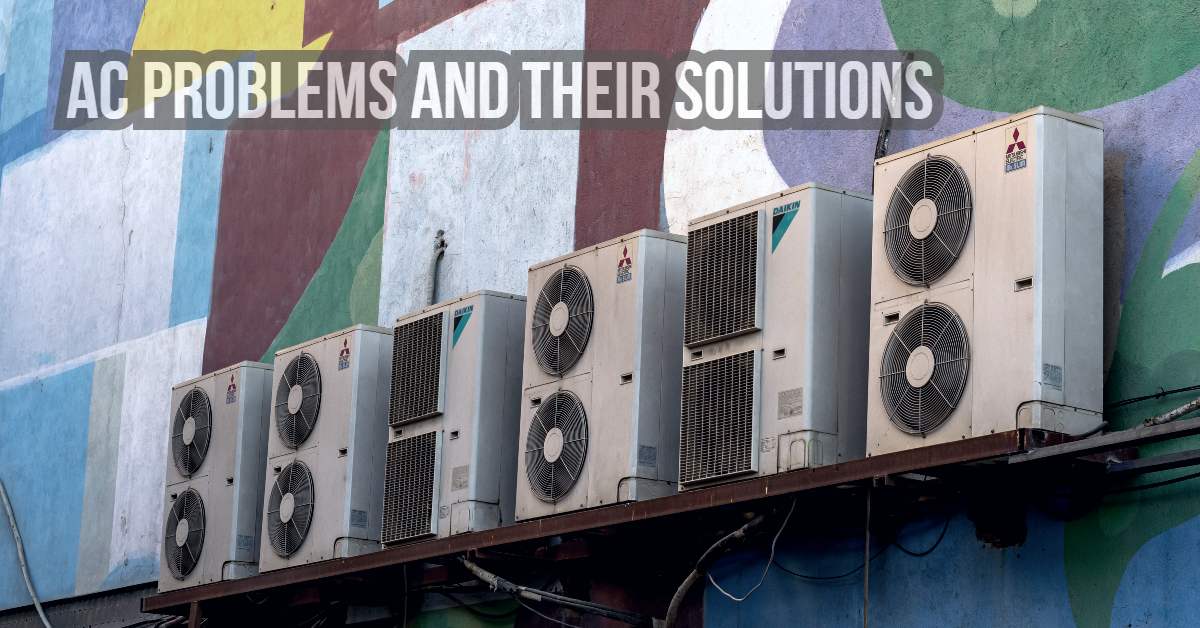How to Apply for a Work Permit (c) (8) under the Old Rules
Work Permit For Asylum Seekers: Category (C) (8)
ATTENTION!!! FROM AUGUST 25, 2020, THE RULES FOR OBTAINING A WORK PERMIT IN CATEGORY (C) (8) HAVE CHANGED DRAMATICALLY.
In order to apply for an Employment Authorization Document (EAD), you need to complete and submit Form I-765 to USCIS. You can submit a form for each of the household members listed on your asylum application (Form I-589). For the first submission of the form from persons in category C (8), i.e. pending an asylum interview (or trial), no I-765 fee will be charged.
The work permit is issued for a period of 2 years and can be renewed. To do this, you need to file a new Form I-765. However, your current work permit is automatically renewed 180 days from the date you receive your DHS (Department of Homeland Security) acceptance receipt for your renewal application.
The days until the date you can apply for Form I-765, the work permit starts from the date the Form I-589 is accepted (receipt or filing date).
Work Permit: Changes in 2020
The Waiting Period for the Right to Submit an Application Has Increased
On August 21, 2020, a rule came into effect abolishing the mandatory 30-day period for the consideration of applications for a work permit in category (c) (8).
Until August 25, 2020, there a rule according to which a person who applied for asylum in the United States (Asylum) or for refraining from deportation (Withholding of Removal) had the right to apply for an EAD (Employment Authorization Document) with USCIS after 150 days from the date of acceptance of the petition if at that time the decision on the petition has not yet been made.
As of August 25, 2020, the rules for obtaining a work permit for asylum applicants in the United States will change dramatically. On June 26, 2020, USCIS published the Final Rule securing the November 2019 Notice of Proposed Rulemaking to amend the DHS (Department of Homeland Security) rule governing work permit applications for asylum seekers in the United States.
Asylum seekers in the United States must now wait 365 days from the date their application was accepted before they are eligible to apply for a work permit (Form I-765, Application for Employment Authorization).
DHS will apply this rule to work permit applications made on or after August 25, 2020. This change will affect anyone who does not have 150 days on the “Asylum Clock” as of August 24, 2020 and who, accordingly, will not be able to apply for a work permit on August 24, 2020 or earlier. The very concept of “Asylum Clock” also abolished by the new rules.
The most important changes are listed below:
Prohibition (Bar) on Obtaining Work Permits for Illegals
If an asylum seeker enters the United States by any means other than through an official Port of Entry or POE without a good cause, under the new rule, he or she will lose the right to obtain a work permit.
An asylum seeker is able to prove a good cause if the following criteria are met: (1) the asylum seeker voluntarily presented himself before DHS representatives no later than 48 hours after entering the United States; (2) the asylum seeker has communicated to DHS about his intention to seek asylum in the United States or has expressed fear of persecution or torture; (3) the asylum seeker otherwise had a valid reason for non-routine entry into the United States.
DHS begins to apply this rule to asylum seekers seeking a work permit or work permit renewal on or after August 25, 2020 and who illegally entered the United States without a permit on or after August 25, 2020.
This rule will NOT apply to those illegal immigrants who are physically in the United States on the date of August 25, 2020.
Prohibition (Bar) on Obtaining a Work Permit for those who Submit Form I-589 after 1 year from the date of arrival in the United States
To be eligible for asylum, an asylum seeker must file Form I-589 within 1 year from the date of arrival in the United States (unless the asylum seeker can demonstrate a changed circumstance in his country that prompted the asylum application or extraordinary circumstances who prevented him or her from filing Form I-589 during the first year in the United States).
Under the new work permit rules, asylum seekers who file Form I-589 after one year from the date of arrival in the United States will lose their right to a work permit unless and until an asylum officer or immigration judge determines that he or she has proven exceptional circumstances and is forgiven for filing Form I-589 later than 1 year from the date of arrival in the United States.
This prohibition (bar) will not apply to unaccompanied minors who are not currently required to file Form I-589 within 1 year from the date of arrival in the United States due to their incapacity.
DHS will apply this rule to those who (1) file their Form I-589 on or after August 25, 2020 and (2) more than 1 year has passed since the applicant arrived in the United States.
Prohibition (Bar) on Obtaining a Work Permit for Persons Charged with Certain Criminal Offenses
A range of crimes can result in inability to obtain asylum, including the commission of aggravated felonies and serious non-political crimes. The new DHS rule on work permits for asylum seekers will treat this set of crimes as well as prohibiting perpetrators from obtaining work permits while their asylum applications are pending.
This rule also prohibits work permits for those whose crimes DHS considers to be a public safety hazard, such as: felonies; crimes containing elements of domestic violence or assault; child abuse or neglect; storage or distribution of controlled substances; driving or operating a motor vehicle under the influence of alcohol or drugs.
DHS will apply this rule to both first-time work permit applications and applications for renewals of previously issued work permits in cases where the crime committed on or after August 25, 2020. Unless the crime was particularly serious. criminal offenses (aggravated felonies).
In the event that an asylum seeker applying for a work permit has been charged with a particularly serious crime (aggravated felony under INA § 101 (a) (43)), DHS will apply this prohibition on obtaining a work permit regardless of date. committing such a crime.
Denial of Permit to Work “At Discretion”
Asylum seekers applying for a work permit on or after August 25, 2020 will now have to prove not only that they are eligible, but also that they deserve a positive decision on their application, which will be made at the discretion weighing the positive and negative factors in the case. If there are no negative factors in the case, the application usually needs to be approved. But, if negative factors such as arrests or immigration violations are present, the applicant will have to attach proof of positive factors that will help outweigh the negative ones.
Factors to applied in making a decision “at discretion”:
(A) Family ties in the United States; (B) Length of legal residence in the United States and age at the time of arrival in the United States;
(C) Service in the US Army;
(D) History of employment, property or business ownership in the United States;
(E) History of US tax payments;
(F) The presence of criminal offenses and rehabilitation, where attention will paid to the number, prescription, nature and severity of the crimes committed;
(I) The presence and nature of the applicable bars and the severity of the violations;
(J) Community service other than court-ordered work;
(K) Compliance with US immigration laws;
(L) A history of fraudulent or knowingly submitting incorrect information to government agencies.
For example, DHS may now consider it appropriate to deny work permits to applicants who have unsettled criminal charges, even if such charges never translate into court decisions. Asylum seekers accused of domestic violence, child abuse, possession or distribution of controlled substances, or driving under the influence of alcohol or drugs may now be denied a work permit.
DHS will apply this rule to work permit applications filed on or after August 25, 2020.
Abolition of the “Asylum Clock” Counting System
Previously, a counting system called “Asylum Clock” used to track the number of days that have passed since the date of the adoption of Form I-589. The new rules abolish this system, but establish a list of actions on the part of the asylum seeker that delay the consideration of his or her application. In the event that, at the time of the application for a work permit in category (C) (8), the applicant has unresolved delays in processing his / her Form I-589 case, due to the applicant’s fault, in the application for a work permit for him or her will be refused.
This provision of the new rule will apply to applications for a work permit (Form I-765) filed in category (c) (8) on or after August 25, 2020. Below an indicative (but not exhaustive) list of delays that will attributed to the asylum seeker:
(B) Failure to appear to receive and admit the fact of receipt of the decision in the case; (C) Failure to provide supplementary evidence at least 14 days prior to the date of the interview; (D) Failure to appear for an asylum interview, unless forgiven for failure by USCIS; (E) Failure to show up for biometrics appointment; (F) Request to postpone the interview date; (G) Relocation of the case to another asylum office, including due to the change of address of the asylum seeker; (H) Request for additional evidence for the interview; (I) Failure to provide a competent interpreter for the interview; (J) Failure to comply with any other requests necessary to determine eligibility for asylum.


